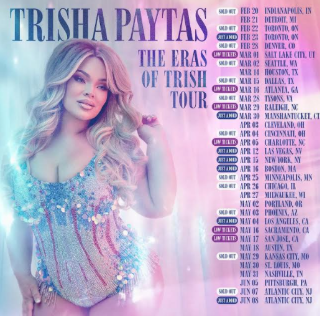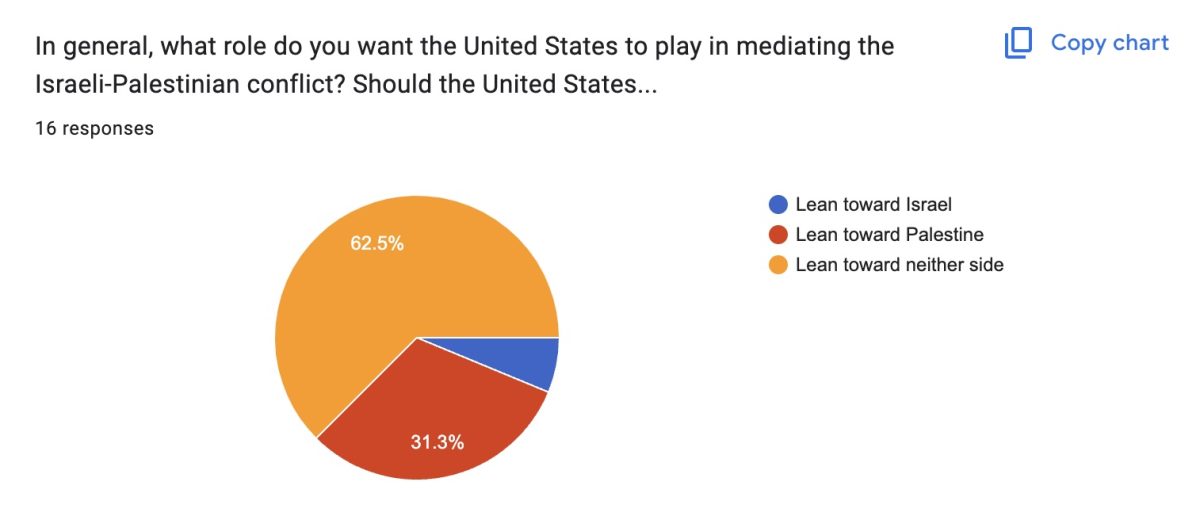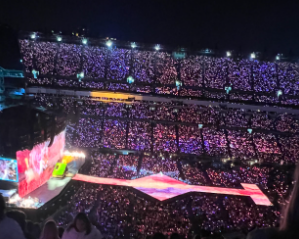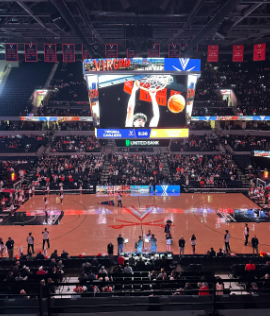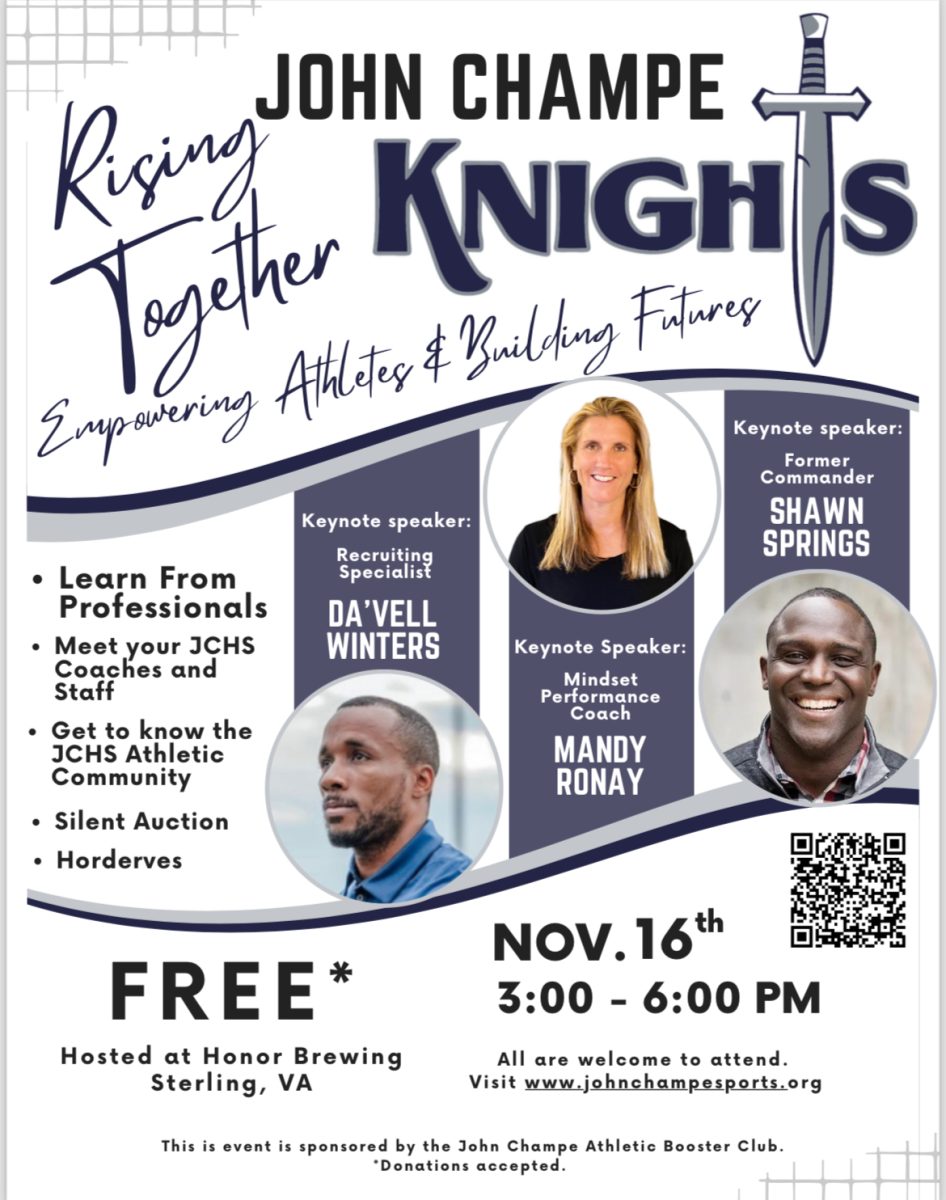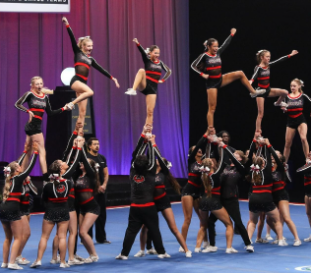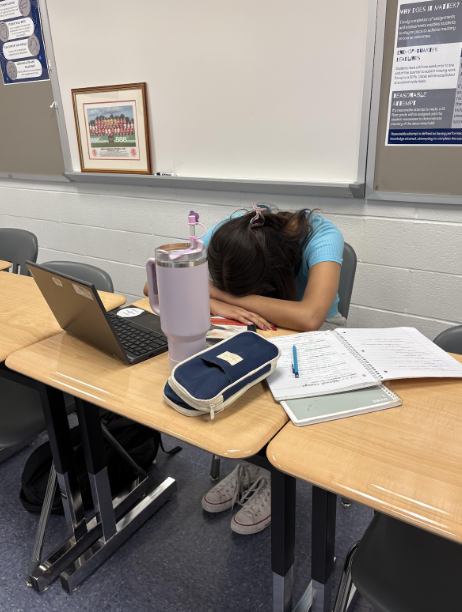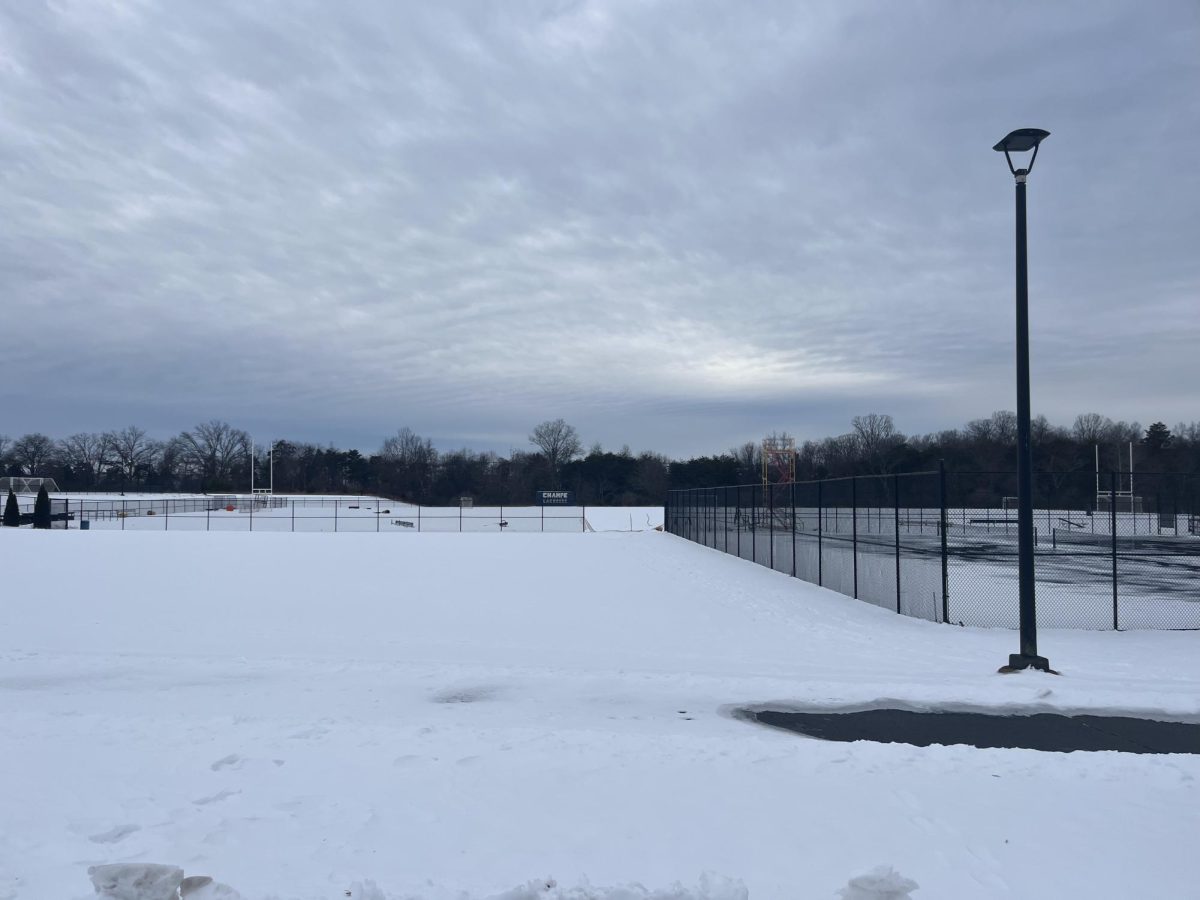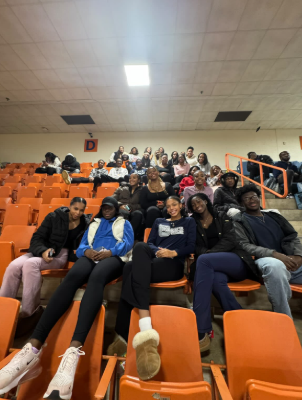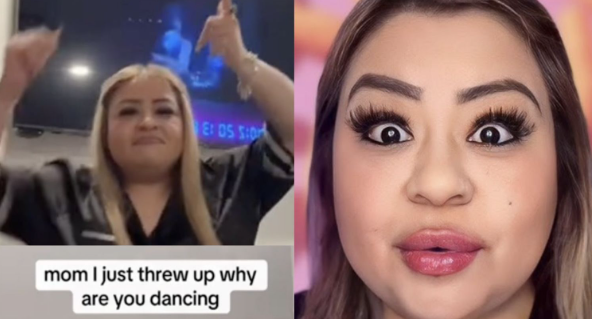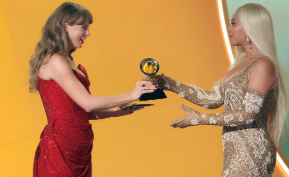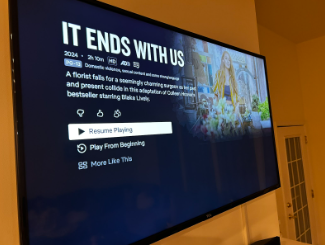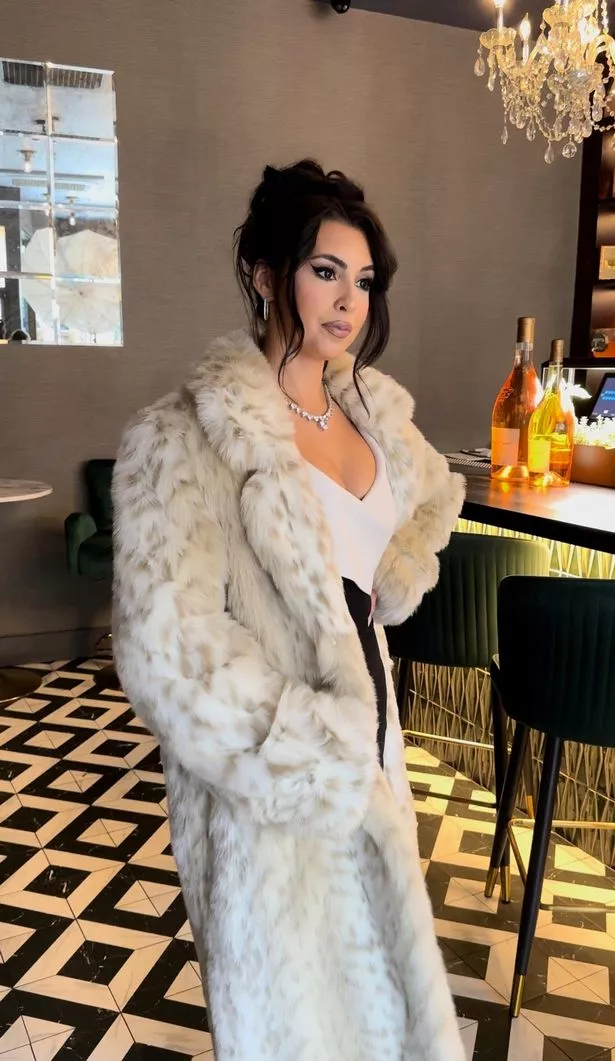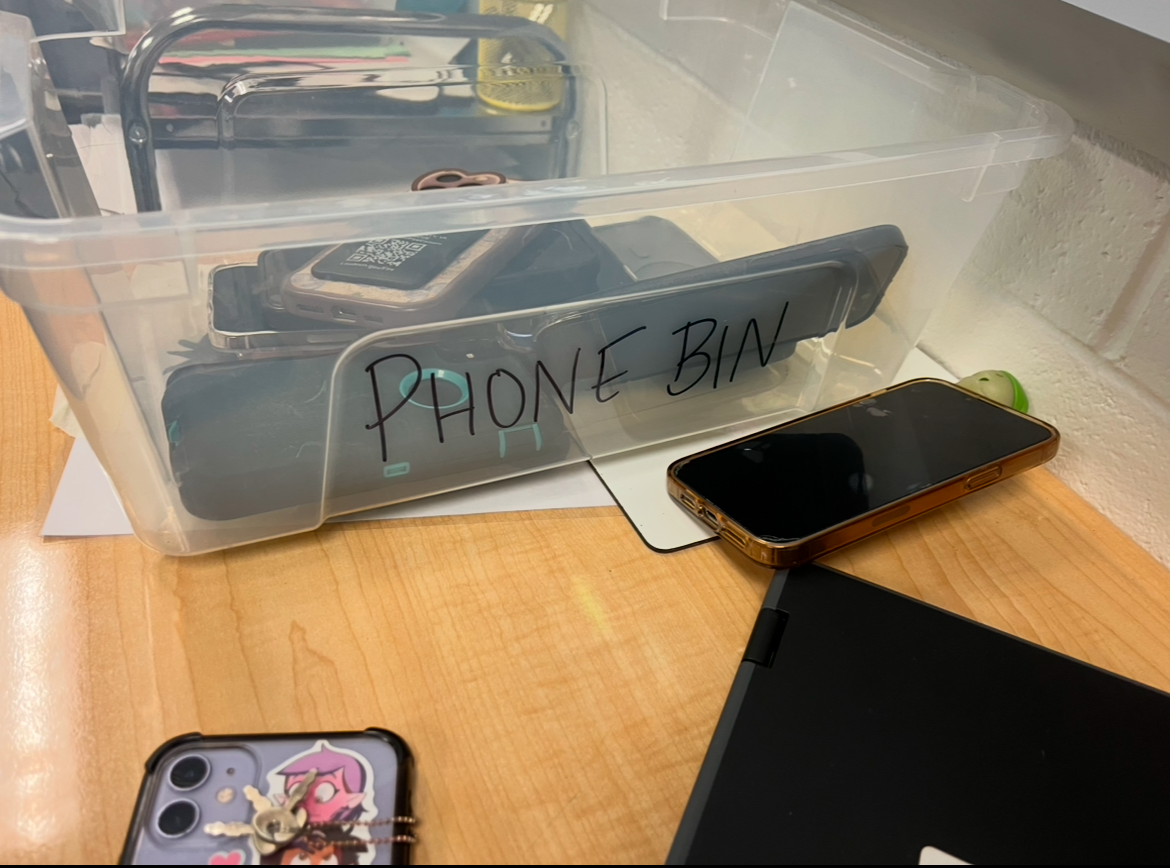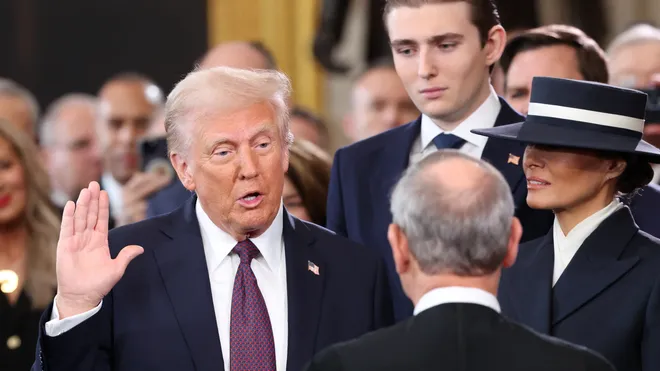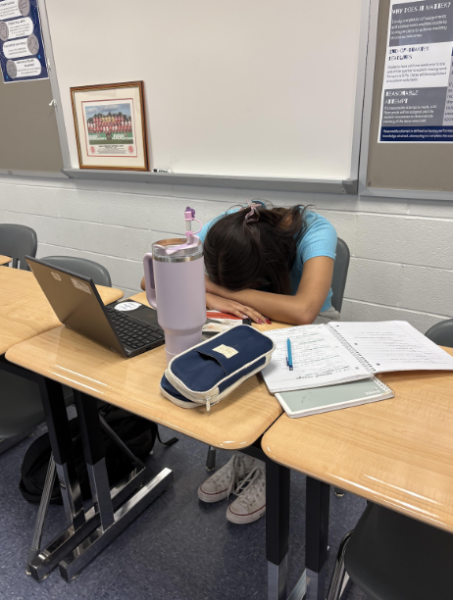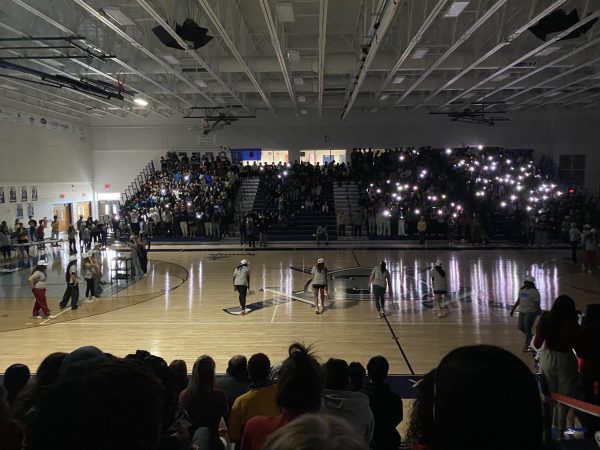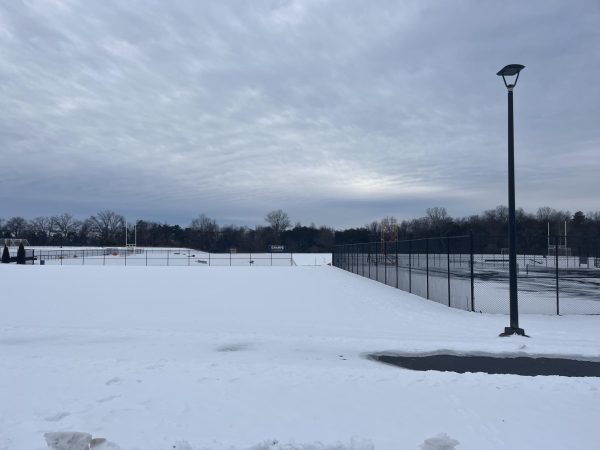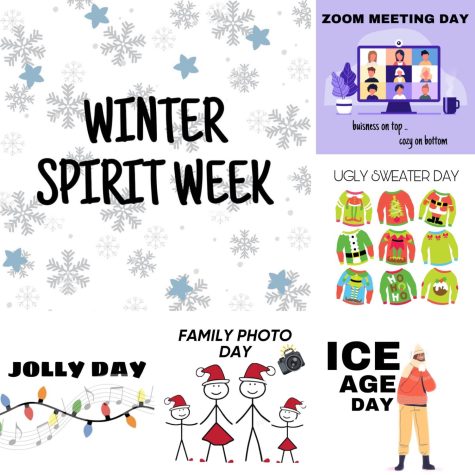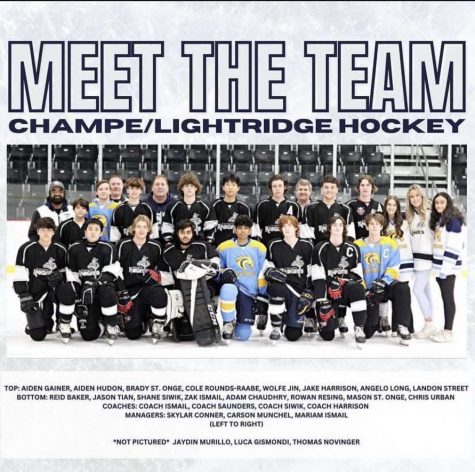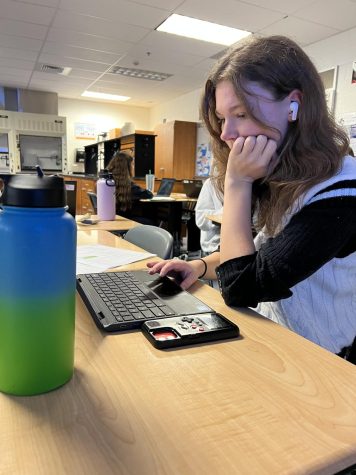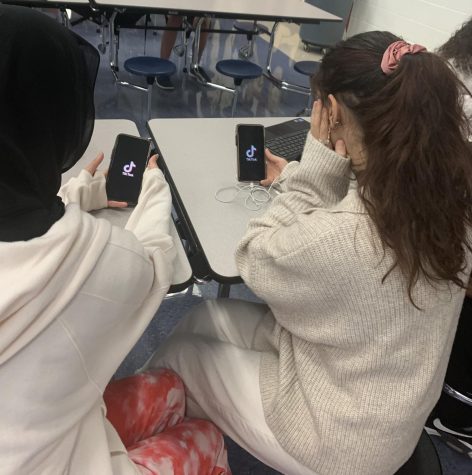Politics in the classroom
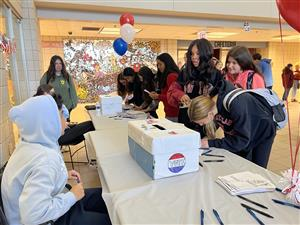
A high school holds its biennial Mock Election on Thursday, November 3. The Upper St. Clair High School Law & Politics Club encouraged their students to cast their ballots for 4 important races. Photos courtesy of https://www.uscsd.k12.pa.us/Page/13836
The classroom is a space that encourages learning and an open mind, but with this freedom of thought comes arguments and discourse, especially when about a particularly heated topic: politics.
Politics are the actions or activities associated with government and politicians. Some schools have added political party clubs to allow students to explore and express their views.
“[Political clubs] support the values that the students are interested in and encourage them to be politically active,” history teacher Ryan Girard said. “At the same time, things [can] get super hyper partisan.”
John Champe has yet to join the groups of high schools with political clubs because of a lack of request for it. Even so, some people believe bringing those clubs to Champe can be beneficial in addressing negative connotations politics may get.
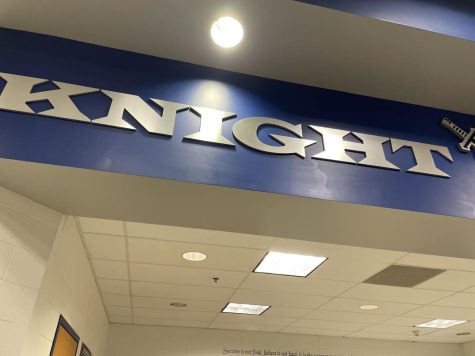
Photo courtesy of author
“Having clubs like that can pretty much raise awareness,” history teacher Lashundra Carter said. “[It can] kinda stop stereotypical outlooks on certain parties.”
However, most high school students are minors, making politics an idea they aren’t interested or involved in enough yet. Political clubs are more prevalent in colleges and universities, where the students are of the age to experience and understand the policies being addressed in government.
“Half [of] the students in this aren’t old enough to vote,” senior Sarah Phillips said. “Overall, I really don’t think that would be useful.”
Even without political clubs, Champe still finds ways to involve political parties into their curriculum through classes, projects, and other activities. They focus on all aspects of the parties, touching on the importance and impact each one has while also finding ways to relate back to Champe teens.
“At John Champe, we teach about the two party system,” history teacher William Maher said. “Most recently, we looked at the Georgia US senate race and how a third party libertarian caused the need for a runoff race.”
The most popular parties, Democratic and Republican, are the only parties elected into office since the mid-19th century. Since third parties are less popular and therefore garner less support and funds, there is a low chance of a candidate from that party winning an election. However, many history teachers find it important to discuss minor parties.
“I think you need to look at it from all perspectives,” history teacher Matt Kupeski said. “Any specific ideas from a smaller group like the Green party or Libertarian party can overlap with the bigger parties.”
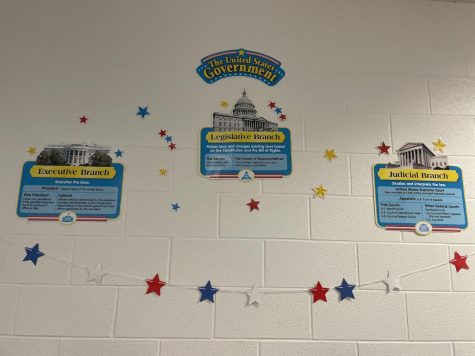
Photos courtesy of author
Using creative means, history classes teach a wide range of topics to help students understand the US government system. Subjects such as the US Constitution, elections and the electoral college, the foundations of government, and state and local government are discussed to help build student knowledge of politics.
“I do know in academic US Government, they do a project where they create their own party,” Girard said. “We do try to show students the full landscape of politics.”
With these projects, students can learn how each party differs and how each party is similar through research and different points of view.
“You need to be able to talk about both sides of the argument,” Kupeski said. “I think the big thing about students is they need to formulate their opinions.”
Due to the impact of elections and laws on citizens, it can become a minefield trying to discuss them without fiery debate. However, that doesn’t mean controversial topics should be avoided.
“A structured debate on current political issues should be a part of our government classes,” Maher said. “You need to learn how to respect the opinions of others.”
It’s difficult to keep the classroom respectful and safe for exploring different opinions, but it’s even more important for teachers to stay neutral.
“Government teachers have a unique role to teach [about] the political process,” Maher said. “But, [they have] to also remain unbiased.”
Everyone has their own beliefs and ideologies, but as educators, teachers have to ensure students can think for themselves and not based on their own ideals.
“I think if teachers want to explain things, that’s fine,” Phillips said, “but, they are not supposed to expand on their political opinions.”
Politics is a tricky subject, regardless of whether you’re in the classroom or not. As long as people learn to listen and let others make their own educated decisions, politics can be engaged in a peaceful way.
“When talking [about] politics in particular, you’re going to have different sides,” Girard said. “People have been disagreeable, but it’s how we compromise.”
https://www.whitehouse.gov/about-the-white-house/presidents/millard-fillmore/ (The White House)

